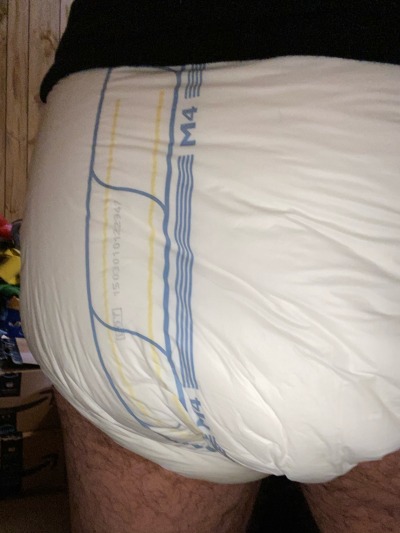

The determination of whether an individual is a nonresident noncitizen for U.S. estate and gift tax filing and payment obligations. An individual (or deceased person) who is (or was) a nonresident noncitizen of the United States for estate and gift tax purposes may still have U.S. If you did not receive a Form 1095-A, contact the Marketplace. It will help you figure your premium tax credit. If you receive a Form 1095-A for 2021, save it. If you, your spouse, or a dependent enrolled in health insurance through the Marketplace, you should have received a Form 1095-A. If you enrolled someone who is not claimed as a dependent on your tax return or for more information, see the Instructions for Form 8962.įorm 1095-A. If advance payments of the premium tax credit were made, you must file a 2021 tax return and Form 8962. Advance payments of the premium tax credit may have been made to the health insurer to help pay for the insurance coverage of you, your spouse, or your dependent. See Form 8962 and its instructions for more information.Īdvance payments of the premium tax credit. You may be eligible to claim the premium tax credit if you, your spouse, or a dependent enrolled in health insurance through the Health Insurance Marketplace (Marketplace). For more information on Additional Medicare Tax, go to IRS.gov/ADMT. For more information, see Additional Medicare Tax under Social Security and Medicare Taxes and Self-Employment Tax in chapter 8. Also, you may need to report Additional Medicare Tax withheld by your employer. You may be required to pay Additional Medicare Tax. For clarification regarding the characterization and source of income received from multilevel marketing companies by distributors (upper-tier distributors) that are based on the sales or purchases of persons whom they have recruited and sponsored (lower-tier distributors), see Multilevel marketing under Personal Services in chapter 2.Īdditional Medicare Tax. For more information, see the Instructions for Form 1040, or the Instructions for Form 1040-NR. Disaster tax relief is available for those impacted by certain Presidentially declared disasters in 2021 (see IRS.gov/DisasterTaxRelief). For more information, see Form 1040-NR and its instructions.ĭisaster tax relief. Filers may also be required to attach Form 1040 Schedules 1, 2, or 3 to Form 1040-NR. Attach Form 1040-NR Schedules OI, A, and NEC to Form 1040-NR as necessary. Beginning with tax year 2020, nonresident alien taxpayers will file a redesigned Form 1040-NR, which is similar to the Form 1040. Nonresident alien taxpayers should use Form 1040-NR. Beginning with tax year 2020, Form 1040-NR-EZ is no longer available. For more information, see chapter 5.įorm 1040-NR-EZ discontinued. Students or business apprentices eligible for the benefits of Article 21(2) of the United States-India Income Tax Treaty who have elected to use the standard deduction may qualify to take a deduction for charitable contributions of up to $300. Also, see Revenue Procedure 2020-20, available at IRS.gov/irb/2020-20_IRB#REV-PROC-2020-20, and the instructions for Forms 88.Ĭharitable contributions. For more information, see Substantial Presence Test, later. For tax year 2021, individuals cannot claim the COVID-19 Medical Condition Travel Exception to exclude any days of presence in the United States for the purpose of the “substantial presence test.” However, days of presence in the United States in 2020 that were excluded for tax year 2020 may impact the application of the “substantial presence test” for tax year 2021.

For more information, see Form 7202 and its instructions.ĬOVID-19 Medical Condition Travel Exception. Self-employed individuals may claim these credits for the period beginning on April 1, 2021, and ending September 30, 2021. The American Rescue Plan Act of 2021 (the ARP), enacted on March 11, 2021, provides that certain self-employed individuals can claim credits for up to 10 days of “paid sick leave,” and up to 60 days of “paid family leave,” if they are unable to work or telework due to circumstances related to coronavirus. For more information, see IRS.gov/COVID-19-Related-Tax-Credits.Įxtension and expansion of credits for sick and family leave. The COVID-related Tax Relief Act of 2020 extended the period during which self-employed individuals can claim these credits from April 1, 2020, through March 31, 2021. The Families First Coronavirus Response Act (FFCRA) helped self-employed individuals affected by coronavirus by providing paid sick leave and paid family leave credits equivalent to those that employers are required to provide their employees for qualified sick leave wages and qualified family leave wages. Credits for sick and family leave for certain self-employed individuals.


 0 kommentar(er)
0 kommentar(er)
